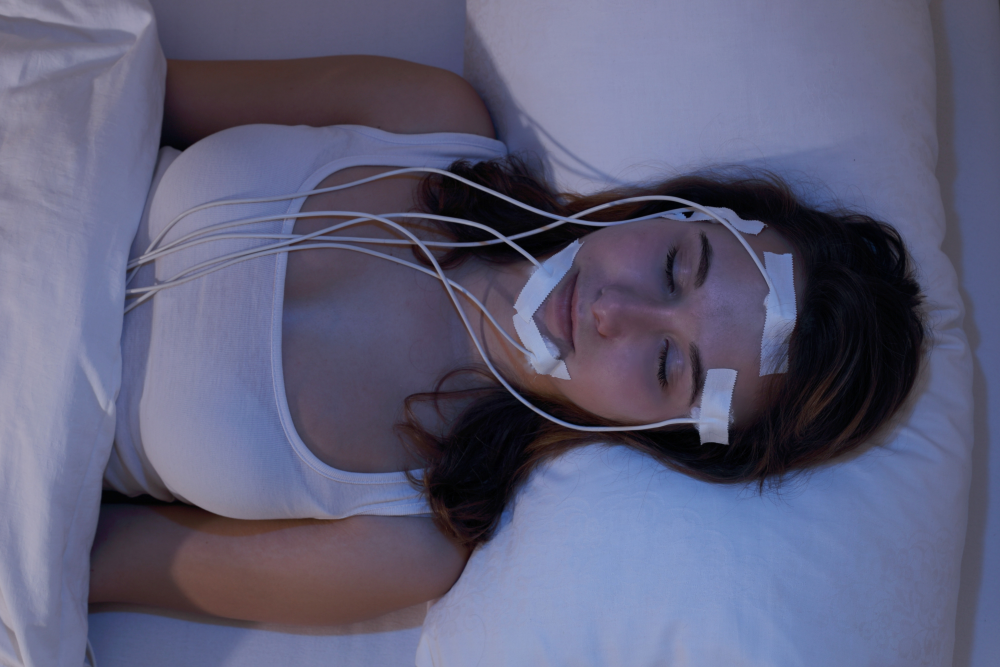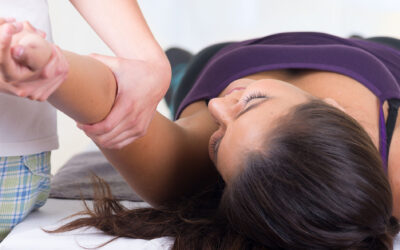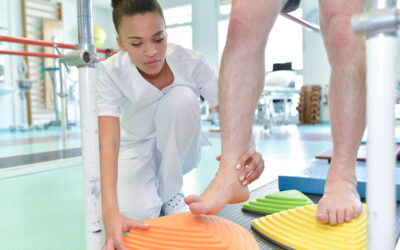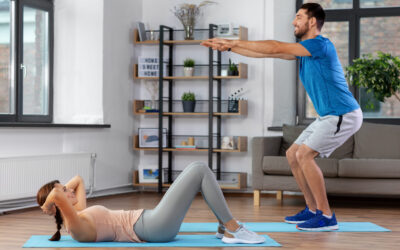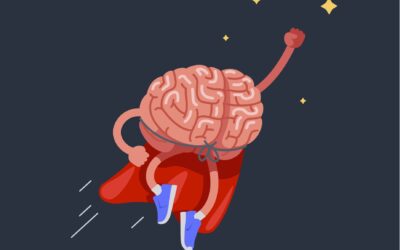Sleep is an essential part of our daily routine. Quality sleep might also be a critical factor in maintaining good health. However, many people suffer from sleep disorders that can lead to serious health problems. A sleep study is a diagnostic test that can help identify the cause of sleep disorders and prevent the development of diseases.
What is a sleep study?
A sleep study, also known as a polysomnography, is a non-invasive test that measures various physiological parameters during sleep. The test is usually conducted in a sleep laboratory, where you spend the night hooked up to various sensors that monitor brain waves, heart rate, breathing, and other vital signs.
During the test, you are observed by a sleep technician who records any abnormal behavior or movements. The data collected during the study is then analyzed by a sleep specialist who can diagnose any sleep disorders and recommend appropriate treatment.
Why are sleep studies important?
Sleep studies are important for disease prevention because they can identify underlying health problems that may be causing sleep disturbances. For example, sleep apnea is a common sleep disorder that is characterized by pauses in breathing during sleep. This condition can lead to high blood pressure, heart disease, and stroke if left untreated.
Other sleep disorders, such as insomnia and restless leg syndrome, can also have negative effects on health and quality of life. By identifying these conditions early on, patients can receive appropriate treatment and prevent the development of more serious health problems.
In addition to diagnosing sleep disorders, sleep studies can also help identify lifestyle factors that may be contributing to poor sleep quality. For example, excessive caffeine intake, alcohol consumption, and smoking can all disrupt sleep and lead to health problems.
Overall, sleep studies are an important tool for disease prevention and can help individuals maintain good health and quality of life. If you are experiencing sleep disturbances or have concerns about your sleep quality, talk to your healthcare provider about the possibility of undergoing a sleep study.
Other articles you might like:
Stroke Arm Rehab Daily Exercise Routine
A stroke or damage to the neurons in the brain can cause the inability to move the arm. It can also cause stiff and tight arm muscles. A stroke arm rehab routine should incorporate the principles of neuroplasticity (the ability of the brain to rewire when presented...
What is your Ikigai?
Not everyone wants to live a long life. But what about a happy and healthy life? If this is you, sit down and pull up a chair. Ikigai might be the answer.
Implications of Sleep and Neurological Rehabilitation
https://youtu.be/FWIX8Ht6bm4 Good quality sleep can dramatically improve neurologic rehabilitation outcomes. Getting adequate sleep might also decrease the rate of disease progression in some neurodegenerative diseases (multiple sclerosis, Parkinson's disease, or...
Stroke Rehabilitation: Overcoming Mental Barriers
Dealing with the aftermatch of a stroke can lead to a whirlwind of emotions including confusion, hopelessness, disappointment, and even despair. If you are in the process of recovery, these emotions are completely normal. Here I break down some of the most common...
Arm Exercises For Stroke Patients (Early Stage)
Arm exercises after a stroke are critical and should be performed daily. Here are the best exercises and why you should be doing these every day. Who will benefit from early-stage stroke arm exercises? The early stage of recovery is considered the first 6 months after...
Not what you get, but what you become
"What you get by achieving your goals is not as important as what you become by achieving your goals." -Zig Ziglar I often get messages from people who are feeling discouraged. "Progress isn't fast enough". "The process is too challenging". Oh, and by the way, "this...
The Gift of Language
“I will never do (X) ” “I Can’t” “I am always going to be this way” “I will be this way forever” “This is impossible” If you have been following me for a while, you know that I discourage this type of language. It is self-limiting at best, and self-destructing at...
Balance Exercises For Stroke Patients
Balance exercises for stroke patients are critical for improving walking confidence and returning to normal life What is Balance? Balance is the ability to maintain the center of mass (the body) within the base of support (the feet). Balance is also the ability of the...
Best Exercise Equipment for Multiple Sclerosis
If you have multiple sclerosis, home exercise equipment is critical for maintaining mobility. Neuroplasticity is the brain's ability to re-organize dependent upon exposure to new or novel experiences. After an acute exacerbation, neuroplasticity requires thousands of...
Best Brain Exercises For Stroke Recovery
Best Brain Exercises For Stroke Recovery A stroke can cause long-term damage to the brain, impair movement, and significantly diminish cognitive abilities. Mobility and strength training to retrain the muscles after a stroke is a huge part of the stroke recovery...

